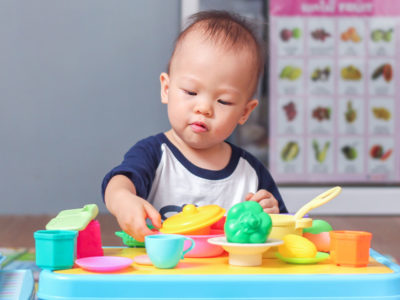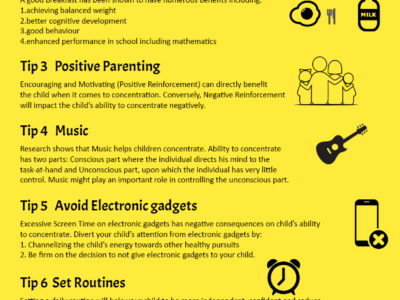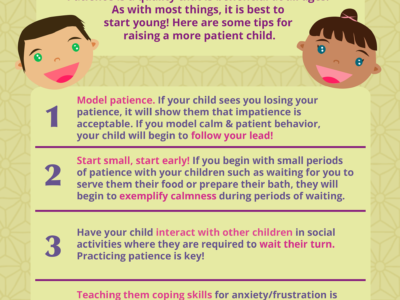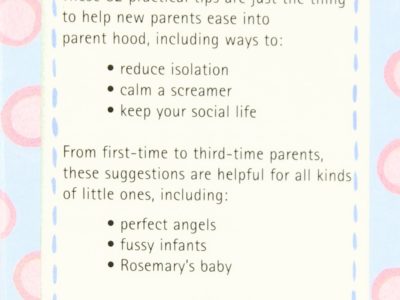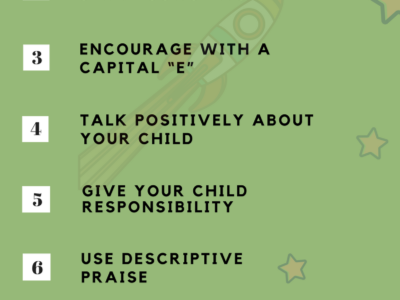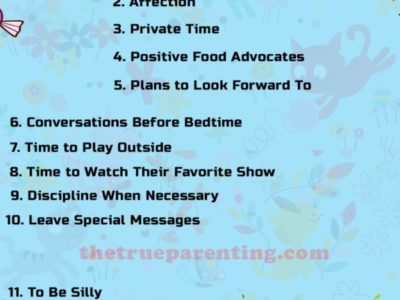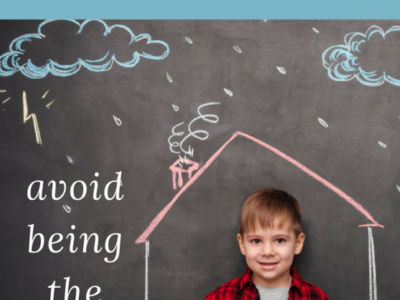
The style of your parenting can pretty much influence everything from how much your kid weighs to how she feels about herself. It’s imperative to make sure that your child-rearing style is supporting sound development and growth in light of the fact that the manner in which you associate with your kid and how you discipline her will have a great effect on her for the rest of her life. In fact, this will shape her into the kind of person she becomes.
As per research, there are 4 pre-dominant parenting styles commonly observed:
1- Authoritarian
2- Authoritative
3- Permissive
4- Uninvolved
Each style has its own characteristics and a whole different approach to dealing with children.
1. Authoritarian Parenting Style
Do any of the following characteristics point towards you?
– You strongly believe that children should only be seen and never be heard.
– You are too headstrong when it comes to rules.
– You rarely take your child’s emotions into account.
In case that any of those sound valid, you may be a dictator parent. Parents with an authoritarian parenting style perceive that children ought to adhere to the rules with obedience.
Dictator parents are popular for saying, “Once I said so, there is no room for further questions” when a child addresses questions or challenges the rules. They do not like to be challenged at all they just want to be obeyed without question.
They additionally don’t permit children to engage in critical thinking or challenging situations. Rather, they make the rules and authorize the outcomes with little respect for their child’s opinion.
Tyrant parents believe in punishment rather than discipline. So instead of showing a kid how to settle on better decisions, they are adamant to make the kid feel guilty for his mistakes.
Kids who grow up with uptight authoritarian parents will follow rules all the time and never think out of the box. Yet, their obedience always comes with a price.
Children of such parents often have very low self-esteem and tend to believe that their opinions do not matter.
They might as well grow into rude, aggressive, and hostile adults. These children are so filled with anger and hate for their parents that they pay less attention to shaping their future and also become experts at lying to avoid getting into trouble.
2- Authoritative Parenting Style
Can you relate to any of the following statements?
– You put a ton of exertion into making and keeping up a positive relationship with your kid.
– You clarify the explanations for the rules you set.
– You authorize rules and give reasoning, yet always ensure to take your child’s emotions into account.
If any of the above sounds relatable, you might be an authoritative parent. These kinds of parents have rules and they use outcomes, however, they likewise consider their kids’ feelings. They support and validate their kids’ emotions, while also clarifying that the adults are the ones ultimately in charge.
Authoritative parents give their time and attention to their children to prevent any issues before they even start. They additionally utilize positive control methodologies to fortify good behavior, just like praise and reward system or hearing and caring system.
Scientists have discovered children who have such supportive parents are well on the way to become mindful grown-ups who feel comfortable while communicating their feelings.
Kids brought up with such authoritative conduct will, in general, be upbeat and effective. They’re likewise bound to be acceptable at settling on choices and assessing risks on their own.
3- Permissive Parenting Style
Do any of these points sound like you?
– You make the rules but are unable to enforce them.
– You don’t give out results all the time.
– You figure your kid will take in best with little impedance from you.
In the event that those points are familiar to you, you may be a lenient parent. Permissive parents are known to be very easy going and give lenience. They only interfere when things get serious.
They’re very sympathetic and they embrace a mentality of “children will be children.” When they do utilize consequences, they may not make those outcomes stick. They may give benefits back if a kid asks or they may permit a kid to escape break early if he promises to be good.
Lenient folks, for the most part, act like friends rather than parents. They do encourage their kids to discuss their issues with them, however, they, as a rule, don’t invest a lot of energy into debilitating poor decisions or terrible conduct.
Children who grow up with lenient parents are bound to face struggles scholastically. They may display “bratty behavioral” issues as they don’t acknowledge authority and rules. They regularly have low self-esteem and may even end up in depression.
They’re additionally at a higher risk for medical issues, such as obesity or addiction to an unhealthy lifestyle, in light of the fact that permissive parents are poor at restraining junk food intake.
4- Uninvolved Parenting Style
Do any of the following statements sound natural?
– You never pay attention to your child’s homework or school grades.
– You barely know where your kid is or who she is with.
– You are unable to make time for your kid.
If the above points sound recognizable, you may be an uninvolved parent. Uninvolved folks will, in general, have little information on what their children are doing.
There will in general be barely any standards or rules. Kids may not get a lot of direction, attention, and parental love.
Uninvolved parents anticipate that kids should raise themselves. They don’t give a lot of time or vitality into meeting kids’ essential needs.
Uninvolved folks might be careless however it’s not constantly purposeful. A parent with psychological well-being issues or substance misuse issues, for instance, will most likely be unable to think about a kid’s physical or sentimental needs consistently.
On different occasions, uninvolved parents have no clue about how to raise their children. Furthermore, they’re basically occupied with different issues, similar to work, covering tabs, and dealing with family.
Kids with uninvolved parents are probably going to battle with confidence issues. They will in general perform inadequately in school. They have behavioral issues and struggle in finding happiness.
Conclusion
Sometimes parents can’t be defined by just one category, so don’t feel despair if there are times or zones where you will, in general, be lenient and different occasions when you’re progressively more authoritative.
The research is clear, that so far the authoritative parenting style is the best one. Be that as it may, regardless of whether you will, in general, relate to other parenting styles more, there are steps you can take to turn into a more understanding parent.
With devotion and duty to being the best parent you can be, you can keep up a positive relationship with your child.







